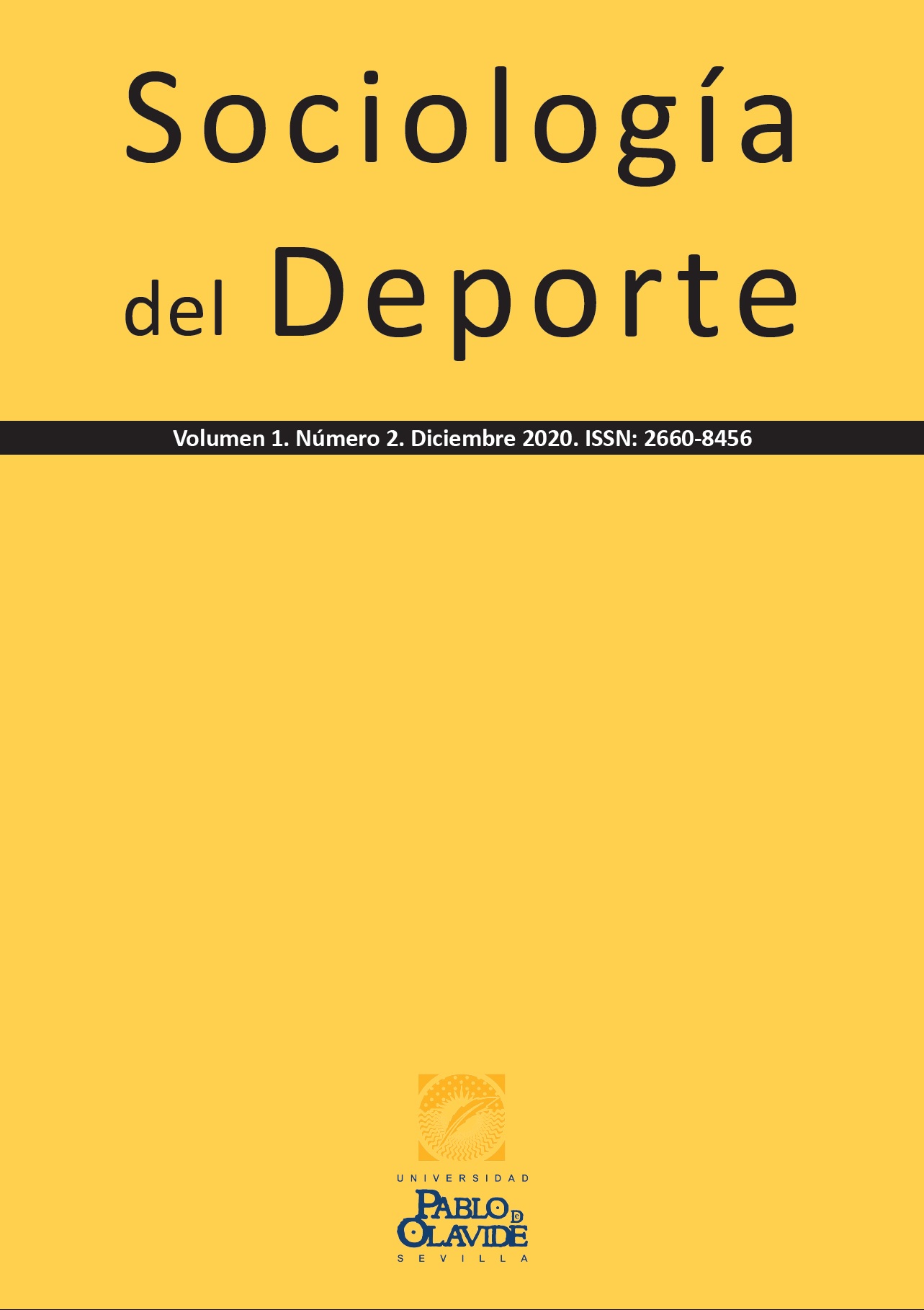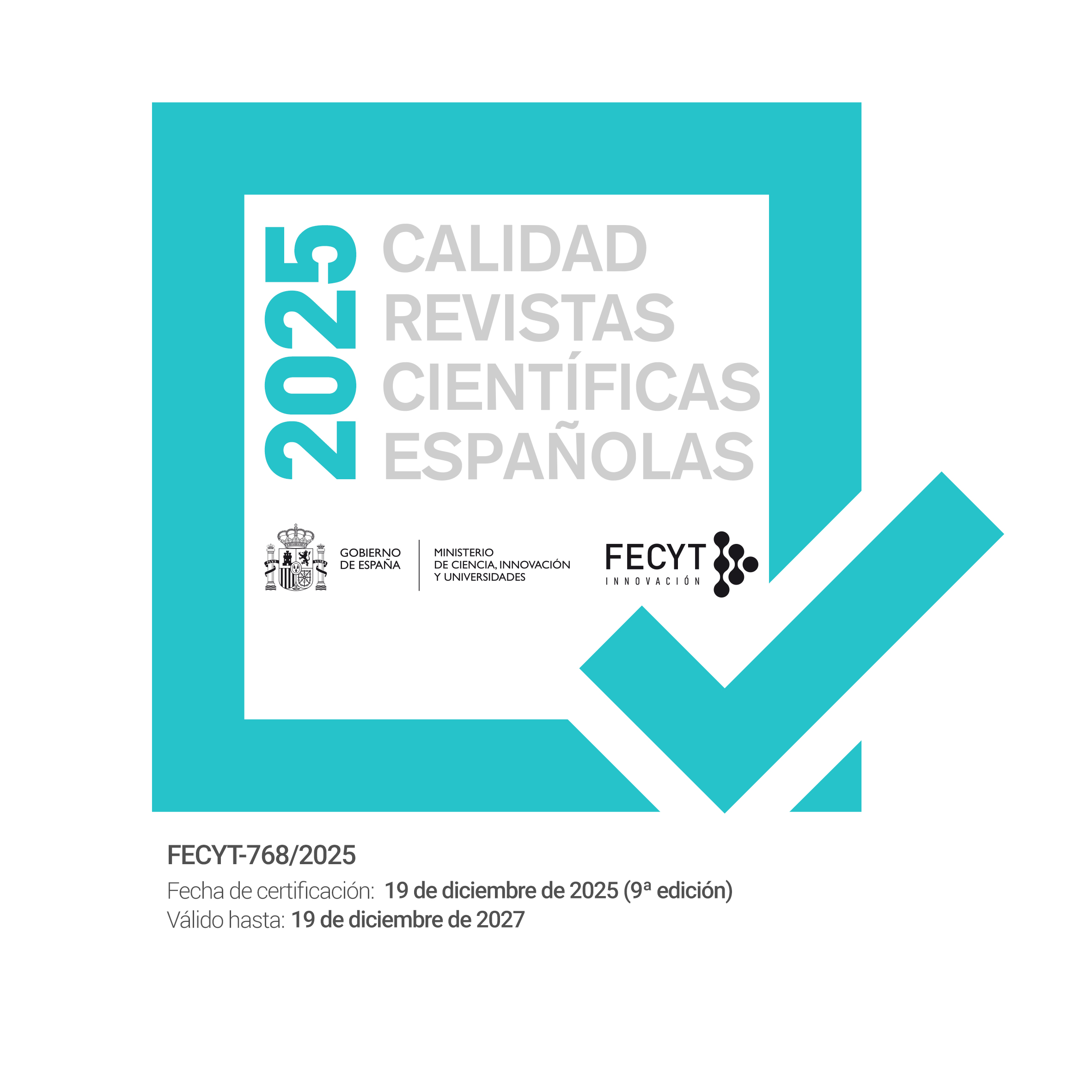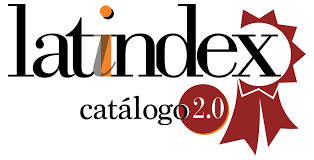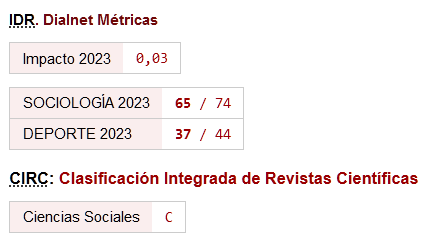Martial Arts under the COVID-19 Lockdown: The Pragmatics of Creative Pedagogy
DOI:
https://doi.org/10.46661/socioldeporte.5242Keywords:
martial arts, pedagogy, COVID-19, communities, netnographyAbstract
Martial arts organisations increasingly blend online and offline activity in order to cultivate specific qualities, skills and virtues. Students and instructors use blogs, chat fora, videos and podcasts to supplement their self- and shared cultivation, and this expanded with the COVID-19 lockdown in Britain. Martial arts schools have been closed and even disbanded while governments control people’s physical interactions through social distancing measures. This article draws on case studies of two British martial arts schools (Taijiquan and historical fencing) in order to examine how they have adapted to the lockdown. It offers these case studies to narrate the developments of how teachers and their localised communities have been creative during this moment of international crisis – from instructor-led online, live training sessions and lectures to student-led chat fora and movie nights for continued sociability and identity construction. In so doing, this article makes use of martial arts theories: Shared Cultivation (Jennings, 2010) and Martial Creation (Jennings, 2019) to explain how martial artists continue to develop through creative online endeavours and through their moving bodies within the confines of their homes. Finally, I argue that this creative martial arts cultivation during the COVID-19 pandemic might be extended to wider physical culture.
Downloads
References
Andreucci, Carlos. 2020. Gyms and martial arts school after COVID-19: When to come back to train? Advanced in Physical Education, 10(2), 114-120 DOI: 10.4236/ape.2020.102011
Ashbridge, Thomas. 2015. The greatest knight: The remarkable life of William Marshall, the power behind five English thrones. London: Simon & Schuster.
Back, Les. 2007. The art of listening. London: Bloomsbury.
Bates, Charlotte. 2019. Vital bodies: Living with illness. Bristol: Policy Press.
Billig, Michael. 2016. Learning to write badly: How to succeed in the social sciences. Cambridge: Cambridge University Press.
Bowman, Paul. 2017. “The definition of martial arts studies.” Martial Arts Studies, 3: 6-23.
Brown, David, Jennings, George and Sparkes, Andrew C. 2014. “Taijiquan the ‘Taiji World’ way: Towards a cosmopolitan vision of ecology.” Societies, 4 (3): 380-398.
Brown, David and Jennings, George. 2013. “In search of the martial habitus: Identifying dispositional schemes in Wing Chun and Taijiquan.” In Fighting Scholars: Habitus and ethnographies of martial arts and combat sports edited by Raúl García Sánchez and Dale Spencer (Eds.), 33-48. London: Anthem Press.
Di Paolo, Ezequiel, Cuffari, Elena and De Jaegher, Hanne. 2018. Linguistic bodies: The continuity between life and language. Cambridge, MA: The MIT Press.
Fiore di Liberi (c.1409) Flowers of battle. New York: The Getty Manuscript.
Fullager, Simone and Pavadis, Adele (2020). “Thinking through the disruptive effects and affects of coronavirus through feminist New Materialism.” Leisure Studies, DOI: 10.1080/01490400.2020.1773996
González-Calvo, Gustavo. 2020. “Narrative reflections on masculinity and fatherhood during Covid-19 confinement in Spain.” Societies, 10 (2): 45 https://doi.org/10.3390/soc10020045
Herring, Lorraine. 2007. Writing begins with the breath: Embodying your authentic voice. Boston: Shambhala.
Jaquet, Daniel and Deluz, Vincent. 2018. Moving in late medieval harness: Exploration of a lost embodied knowledge. Journal of Embodied Research, 1, 2 (20:49). DOI: http://doi.org/10.16995/jer.7
Jaquet, Daniel, Tuaillon, Audrey and Eleftherios, Iason-Eleftherios. 2020. Historical European Martial Arts: An International Overview. Chungju-si: ICM.
Jennings, George. 2019. “Bruce Lee and the invention of Jeet Kune Do: The Theory of Martial Creation.” Martial Arts Studies, 8: 60-72. doi.org/10.18573/mas.84
Jennings, George. 2010. Fighters, thinkers and shared cultivation: Experiencing transmission through the long-term practise of traditionalist Chinese martial arts. Unpublished doctoral thesis, University of Exeter.
Jennings, George, Dodd, Simon and Brown, David. 2020. “Cultivation through Asian form-based martial arts pedagogy.” In East Asian Pedagogies: Education and formation and transformation across cultures and borders, edited by David Lewin and Karsten Kenklies, 63-77. New York: Springer.
Johnes, Martin. 2019. Wales: England’s colony? Cardigan: Parthian.
Körner, Sven and Staller, Mario. In press. “Coaching self-defense under COVID-19: Challenges and solutions in the police and civilian domain.”
Malcolm, Dominic and Velija, Phillipa. 2020. “COVID-19, exercise and bodily self-control.” Sociología del Deporte, 1 (1): 29-34.
Martial Arts Studies podcast. Available at: https://www.youtube.com/playlist?list=PLywv_DP-EcGaB2h_dPop3ozM8r2MzjSWX
Last accessed 31/07/2020
Mills, Charles W. 1959. The sociological imagination. New York: Oxford University Press.
Moscoso, David, Sánchez, Raúl, Piedra, Joaquín and Villanova, Ana. 2020. “Pensar el deporte en tiempos de la COVID-19: El papel fundamental de la sociología.” Sociología del Deporte, 1 (10): 9-11.
Morosco-Sánchez, David. 2020. “El context del deporte en España durante la crisis sanitaria de la COVID-19.” Sociología del Deporte, 1(1): 15-19.
Musashi, Miyamoto. 2002. The book of five rings (trans. W. Scott-Wilson). Tokyo: Kodansha International.
Parnell, Daniel, Widdop, Paul, Bond, Alex and Wilson, Rob. 2020. “COVID-19, networks and sport.” Managing Sport and Leisure, DOI: 10.1080/23750472.2020.1750100
Pedrini, Lorenzo, Brown, David and Aimini, Gabriel (2019). “Leading the left: Sociability and the micropolitics of social reproduction in grassroots boxe popolare coaching.” Sport, Education & Society, DOI: 10.1080/13573322.2019.1672147
Physical Activity Research Podcast. Available at: https://www.podbean.com/podcast-detail/pb-f7ugm-58cd01/Physical%20Activity%20Researcher Last accessed 31/07/2020
Piedra, Joaquín. 2020. “Redes sociales en tiempos del COVID-19: el caso de la actividad física.” Sociología del Deporte, 1 (1): 41-43.
Plows, Alexandra (ed.) 2018. Messy ethnographies in action. Vernon Press.
Shilling, Chris. 2017. “Body pedagogics: Embodiment, cognition and cultural transmission.” Sociology, 51 (6): 1205-1221.
Shilling, Chris. 2008. Changing bodies: Habit, crisis and creativity. London: Sage.
Sparkes, Andrew C. 2002. Telling tales in sport and physical activity: A qualitative journey. Champaign, IL: Human Kinetics.
Spencer, Dale. 2014. “From many masters to many students: YouTube, Brazilian Jiu Jitsu and communities of practice.” JOMEC Journal (online).
Yuasa, Yasuo. 1987. The body: Towards an Eastern mind-body theory. New York: SUNY.

Downloads
Published
How to Cite
Issue
Section
License
Copyright (c) 2020 George Jennings

This work is licensed under a Creative Commons Attribution-NonCommercial-ShareAlike 4.0 International License.









